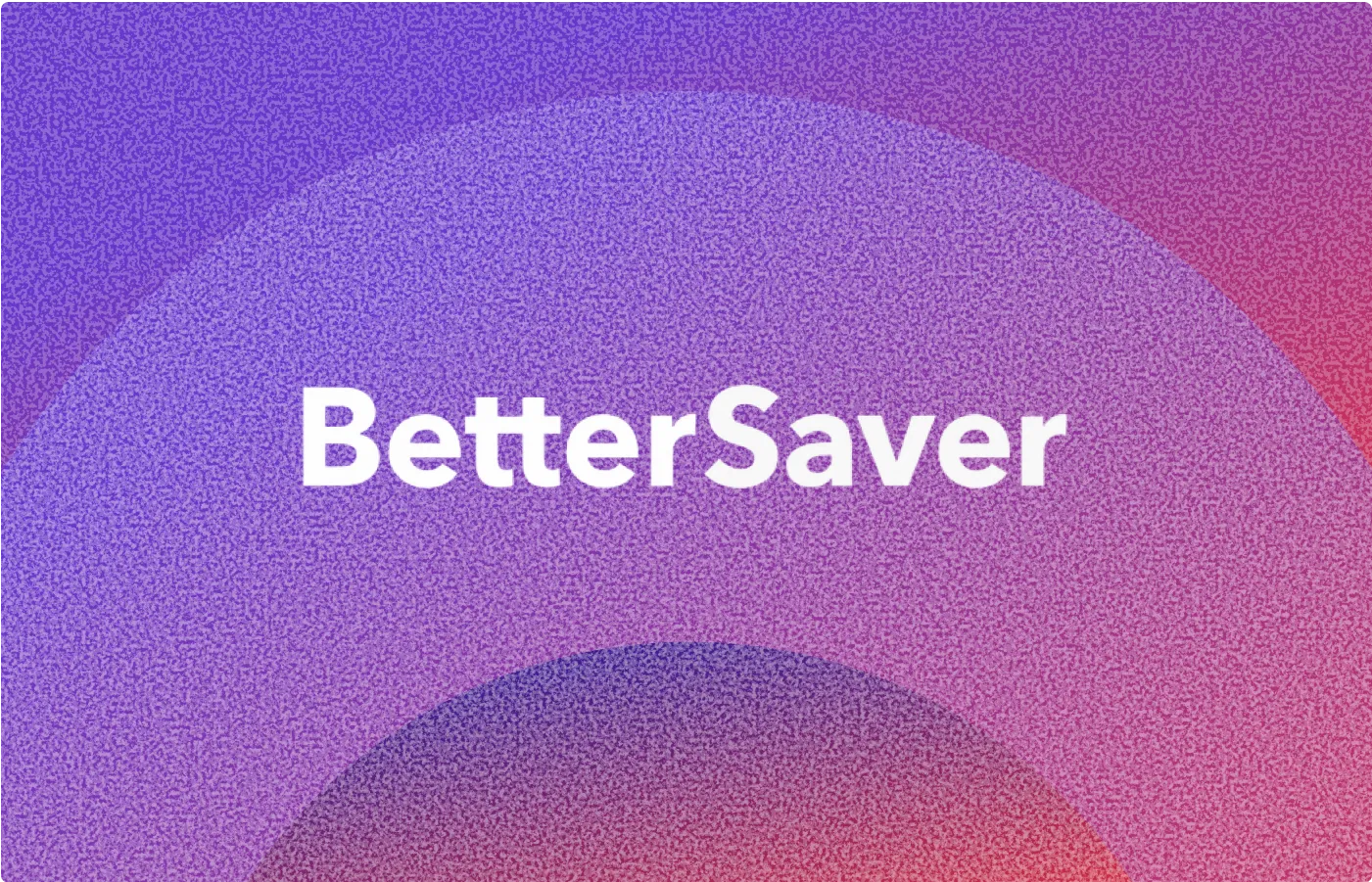
About James Keys
James Keys is a software engineer at Jeenie, whose team optimizes customer and marketing data extraction, consolidation, and analysis. Before joining Jeenie in 2018, he worked as a systems administrator with The University of Texas at Austin. He believes that technology can help bring people globally together to share knowledge.
In a conversation with James, we learn how Jeenie empowers users to overcome language barriers easily. With the explosive growth in the past four years, his team needed to add more technology into their stack to support expanded operations. Facing difficulties with using rigid technology like Stitch and Singer, he and his team discovered Airbyte as an in-house solution that could be integrated into their technical infrastructure.
About Jeenie
Jeenie is a modern interpreting platform that allows customers to connect to a qualified interpreter anytime and anywhere instantly. We provide affordable and accessible language assistance with the help of human translators in over 140 countries. Within a few seconds, users can receive live human interpretation in more than 250 languages by using their smartphone, tablet, computer, or landline.
What was the problem?
Streamlining the integration of various services
Since our launch four years ago, we have been accumulating a lot of customer and marketing data. As a result, we could meet our growing business needs by using multiple services. For instance, our team analyzed customer journeys using Hubspot and PostgreSQL as our primary databases. Over time, we wanted to reconcile and glue the different services utilized with the rest of our architecture.
"We want to quickly and easily adopt a technical service that can solve our problem and find a way for it to fit into our technical architecture. With Airbyte as the glue, our teams could get data from literally any data source into BigQuery. This frees us from the specifics of how the individual service works and instead towards simply determining if a given source can integrate with Airbyte."
There were several inefficiencies in our old architecture which made it challenging to streamline our data sources and gain valuable business insights:
Expensive and complex ETL tools
We relied heavily on ETL SaaS services such as Stitch to transfer data into BigQuery for analysis and reporting as a startup. However, Stitch's row-based pricing model became increasingly expensive as our use case grew more complex. After failing to meet all the requirements with Stitch, our team used Singer to extract and synchronize Hubspot CRM data. However, Singer's lack of technical support made troubleshooting difficult, delaying resolution.
"As a young company, we didn't want to get stuck on Stitch's pay ladder, paying them more and more. So we tried Singer, but their Slack community was unresponsive, like a ghost town. So we had to turn to Google to find how to solve problems with Singer."
Hard-to-attain compliance
Our team used Google Cloud Platform (GCP) to operate our infrastructure, and several contractual agreements were in place to ensure compliance. However, compliance was more challenging to achieve if data flowed through another third-party intermediary. Therefore, adding Singer, an intermediate service, on Stitch was risky compliance.
"Having some other intermediate service in the middle of the data pipeline is just extremely risky. Even if we didn't have a problem today, it could have become a problem tomorrow or next month, and then we'd have to rethink the whole pipeline again. With Airbyte, there is one solution, and everything can run on-premises giving us the flexibility to build what we want without worrying too much about compliance and reliability issues."
How did we discover Airbyte?
Our old infrastructure made it difficult to efficiently and quickly transfer and consolidate data. While investigating several alternative solutions, our team ran across Airbyte after stumbling on an article written by their founders. We put Airbyte to the test and compared it side-by-side with other options such as Stitch and Meltano. Our architecture was re-platformed using Airbyte once they released the Hubspot connector.
How was the problem solved?
Lower costs and painless set-up procedure
The open-source nature of Airbyte enabled our use cases to grow without being tied to a pay ladder or constrained by cost. It was easy to get Airbyte up and running quickly with simple copy-pastable instructions and a friendly user interface. In addition, by leveraging the ready-to-go Hubspot and PostgreSQL connectors, it was easy to pull data from the primary CRM tool and database and pipe it into BigQuery for analysis.
"We set up a virtual machine in Google Compute Engine (GCP). Then we installed Airbyte by copying and pasting in the Docker commands, and all was up and running quickly. As for costs, we're a young company, so it's great that we can continue building and growing without incurring additional charges."
Greater visibility and control
With black-box SaaS solutions like Stitch, our data teams couldn't see the data flow across the various components under the hood. Without adequate visibility, compliance was again at risk. With Airbyte’s open-source model, though, we were able to gain a broader understanding of how different data sources are interconnected and how they coexist in the system. Data from various sources are brought into BigQuery using Airbyte’s connectors, giving us a holistic picture of our data. Furthermore, Airbyte allows us to host data on our infrastructure rather than going through a third-party service provider.
"Our main goal is to get all of our data into BigQuery, and Airbyte has connectors for different data sources that make this easy. Also, we already have BAA's for Google and other storage systems, so being able to host data in our Google-backed infrastructure using Airbyte helps us ensure that the data is covered from a compliance perspective."
How do we feel about using Airbyte?
To pull source data and feed it into BigQuery, Airbyte's collection of built-in connectors has become an essential component of our platform. As our team grows and continues to scale use cases, we are confident in Airbyte and the continuous support from experts in the community.
"My experience has been overwhelmingly positive. We now have a clear path for integrating pretty much anything - confidence in collecting data using one of the built-in or custom-built Airbyte connectors that can extract and process this data. Everyone in the Slack community is super friendly, helpful, and responsive. The community is welcoming to even basic questions, and when it comes to advanced topics like troubleshooting, multiple experts can assist and answer questions, big and small."
Software Engineer
Read more customer stories

Build your custom connector today
Unlock the power of your data by creating a custom connector in just minutes. Whether you choose our no-code builder or the low-code Connector Development Kit, the process is quick and easy.



